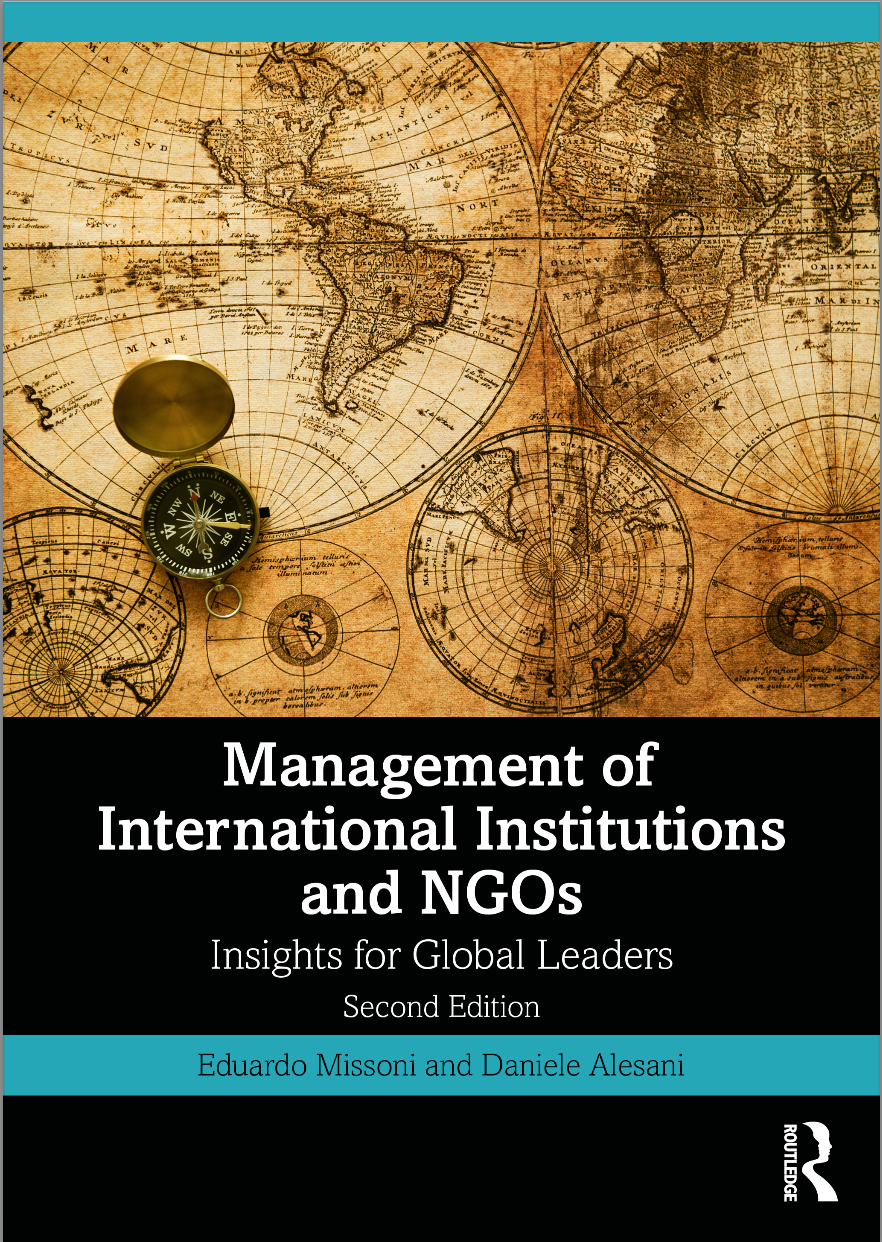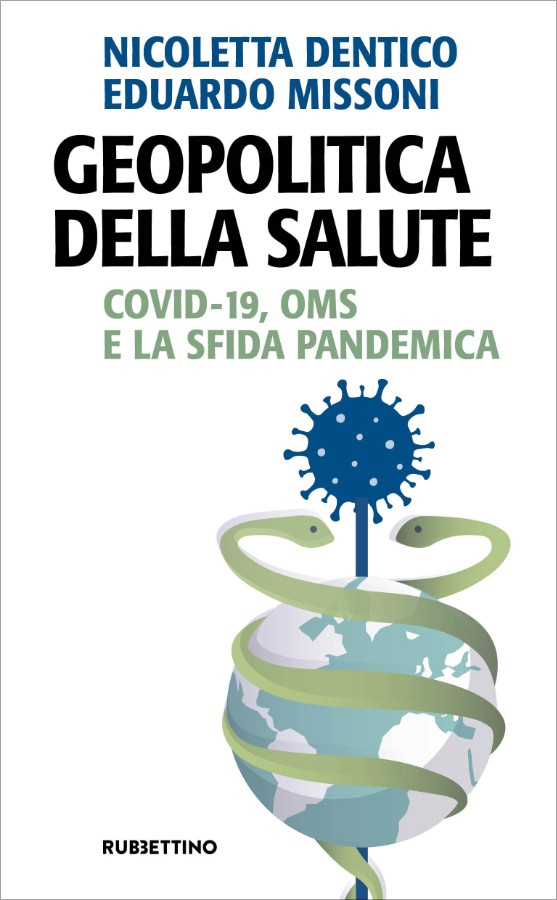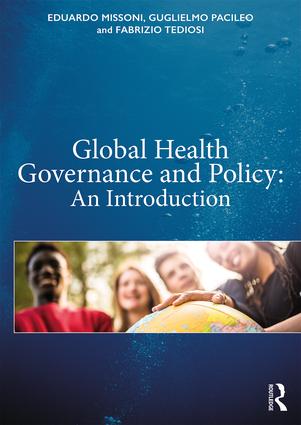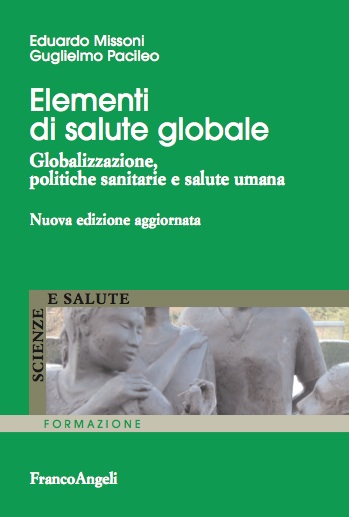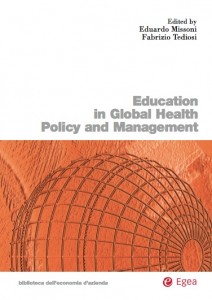 edited by Eduardo Missoni and Fabrizio Tediosi
edited by Eduardo Missoni and Fabrizio Tediosi
Global health has been increasingly recognized as a key element of sustainable development. The recent increase in the number of public and private global health actors and the complex global governance for health boosted the need for professionals who combine a thorough understanding of health-related challenges with multidisciplinary training in social sciences, economics, and management. In the past few years, this has led, not only to the mushrooming of courses dedicated to global health, but also academic degrees in global health.
By reviewing a recent attempt to innovate the educational offerings in global health policy and management by a consortium of academic institutions in Italy, the book analyzes the recent trends in global health education.
The book concludes that while global health and development is certainly an emerging area in the higher education systems of many countries, international offerings in graduate programs are still highly dominated by those taught in medical schools, often failing to combine health sciences with economic, social, and management sciences. The multidisciplinary nature of global health education programs should be improved.



